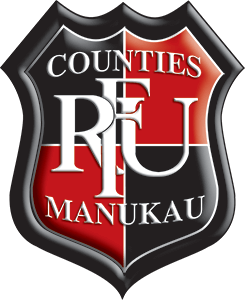News
Respect the Referee - Stu Girvan
Stu Girvan is a technical advisor for Firth Masonry – and there’s no doubt that his technical skills, attention to detail and managerial abilities serve him well on the field of play.
Beyond his work, Stu leads a wholesome life; filled with the things he loves - like gardening, reading, and travelling – including around the rugby scene.
He played in London as a young man and has fond memories playing premier grade for Finchley RFC in North London. After moving to New Zealand, he picked up a spot in the Papakura U85kg squad and following his playing years, he coached junior rugby at Karaka while his sons played in the junior grades.
When his work commitments meant he could no longer consistently make training days, he spent one year as a regular spectator, before deciding he wanted to be more involved with our game. That is when he first picked up the whistle.
“Refereeing gave me the opportunity to get involved, and I regret not doing it much earlier.
“Not only does it keep me involved, but it also gives me a lot of purpose. We, just like the players, aspire to the perfect game, and we strive to improve every time we take the field.
“As a referee I am determined to make each game enjoyable for all the players, coaching team and spectators involved. It needs to be fun or why else would they do it week in week out?”
Back in 05’, Stu had a serious run in with a life-threatening abscess on his brain, which required immediate surgery. For him it highlighted the need to appreciate every single day.
“Being happy is the most important facet of life. It’s easy to focus on the minutiae and put emphasis on the wrong things.
“The abscess actually inspired me to take the leap and start refereeing, as I wanted to be involved with my boy’s lives and be part of their growing up. I came to realise that a significant event can come out of nowhere, so don’t put off all those things you want to say or do”.
Stu’s been around the traps for a while now, and his refereeing style has developed into one based around fun, fairness, and player expression.
“I try to let the teams develop their game and not over -officiate, instead letting the game grow into multi-phase rugby, where individuals can express themselves and the teams can run - obviously within the framework of the rules of rugby! I know I have had a good game when the losing team finish in good spirits.
“Over the years I have developed an appreciation for how important positive communication is in facilitating good rapport with others, that goes for all aspects of life – work, home and the rugby field”.









